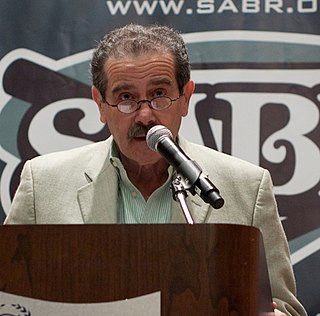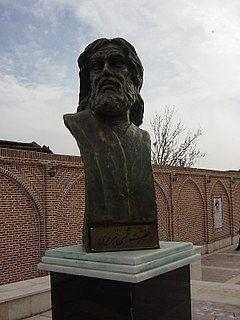A Quote by Stephen Hawking
The increase of disorder or entropy with time is one example of what is called an arrow of time, something that distinguishes the past from the future, giving a direction to time.
Related Quotes
What differentiates time from space is that time does have a direction. In that sense it is different from space. I think that's certainly true that whereas spatial dimensions don't have direction or an arrow, time does. It runs from past to future. But I see that arrow of time as rooted in a deeper metaphysical reality, namely the reality of temporal becoming - of things coming to be and passing away. That is why time has this arrow. But it's not sufficient to simply say that time and space are distinct because time has a direction. The question will be: why does it have a direction?
The particular aspect of time that I'm interested in is the arrow of time: the fact that the past is different from the future. We remember the past but we don't remember the future. There are irreversible processes. There are things that happen, like you turn an egg into an omelet, but you can't turn an omelet into an egg.
The asymmetry of time, the arrow that points from past to future, plays an unmistakable role in our everyday lives: it accounts for why we cannot turn an omelet into an egg, why ice cubes never spontaneously unmelt in a glass of water, and why we remember the past but not the future. And the origin of the asymmetry we experience can be traced all the way back to the orderliness of the universe near the big bang. Every time you break an egg, you are doing observational cosmology.
The past is an interpretation. The future is on illusion. The world does not move through time as if it were a straight line, proceeding from the past to the future. Instead, time moves through and within us, in endless spirals. Eternity does not mean infinite time, but simply timelessness. If you want to experience eternal illumination, put the past and the future out of your mind and remain within the present moment.
The mystery lies in the here and now. The mystery is: What is one to do with oneself? As you get older you begin to realize the trick time is playing, and that unless you do something about it, the passage of time is nothing but the encroachment of the horrible banality of the past on the pure future. The past devours the future like a tape recorder, converting pure possibility into banality. The present is the tape head, the mouth of time. Then where is the mystery and why bother kicking through the ashes? Because there is a clue in the past.






























